Private equity funds are in a race to scale. The reason is simple: the more assets under management, the greater the likelihood of producing outsized returns. While growing assets under management can be slow and expensive, it is a necessary step for maximizing the fund’s performance. The article will discuss how private equity funds can manage their growth so they can better generate outsized returns
Private equity funds face challenges in scaling up their business model because of three main reasons:
- Integrating new deal sourcing into an already complex operation,
- Managing liquidity issues when growing assets under management
- Aligning the incentives of General Partners (GP) members with those of the Limited Partners (LP).
Integrating deal sourcing into an already complex operation: The private equity business model is fundamentally different from other types in that it focuses on a single process — raising capital to invest directly in companies through buyouts or growth capital investments — and creates a complex structure to manage this process. In order for the fund’s business model to work, it must have GP members who are experts in deal sourcing as well as fundraising from LPs. However, when growing assets under management quickly after launch or completing an early-stage fundraise (which is the optimal time to scale the business model) it can be extremely difficult for GPs to find deal flow. This is because LPs often jump in after a fund has made several investments, and this creates an incentive gap that can lead investors (and their portfolio companies) away from investing with the manager who they perceive as having “less deal flow.”
Managing liquidity issues
The more assets under management, the larger a fund’s annual cash-flow requirements. While accomplishing this goal can be difficult for most funds with just $1 billion in AUM (a number that is often considered to be large enough), it becomes even more difficult when the fund is less than $100 million in AUM. This problem can be alleviated if funds are able to raise capital from investors who have very long time horizons, but these types of LP investments make up a relatively small part of total private equity fundraising (about 5%).
Aligning GPs’ incentives with those of LPs
The interests of GPs and investors are rarely aligned. This problem is exacerbated as a fund grows, because the value to an LP increases significantly when investments scale up quickly (in other words, the more money there is in a fund pool for investing). In order to align their interests, GPs need to put a structure in place that incentivizes them for generating assets under management. This can be done through performance bonuses or increasing the percentage of carried interest earned by LPs when asset levels increase significantly (usually based on annual benchmarking).
The post-crisis environment also makes it difficult for private equity funds to scale up quickly. This is because most LPs have been cautious about investing in the asset class, which has led them to be more conservative with their allocation decisions and unwilling or unable to commit capital at a rapid pace even if they find attractive opportunities available from funds that are already well-established (particularly in the early stages of fundraising).

